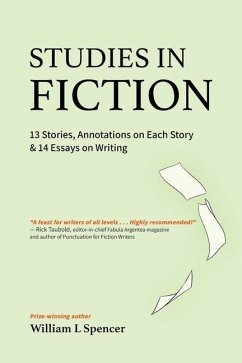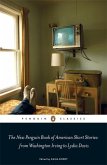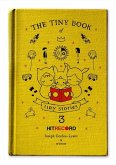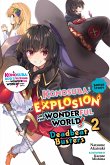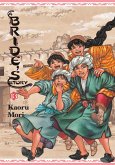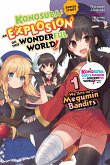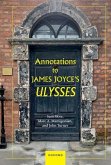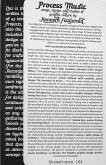Orson Scott Card, New York Times Bestselling author (Ender's Game) had this to say about Studies in Fiction: * Spencer's observations about writing are always intelligent and well-reasoned . . . His analysis of his own works while they're still in progress are insightful, often spotting problems I don't think I would have seen-and discovering practical solutions. * But you won't understand the great wisdom in Spencer's process until you've read his fiction. Story after story, these are-well, I almost said "jewels," but jewels are hard, impenetrable, and only valuable as decoration. Spencer gets to the heart of each character . . . he deftly gives us their attitudes and merely implies their feelings . . . Spencer does include one of my favorite science fiction stories in at least a decade [What I Done]. But I can't tell you the premise because it will hurt your chance to have it dawn on you as you read the tale. If I were a member of SFWA I would nominate it for a Nebula. * I believe you will enjoy these stories far more than many longer fictions you have read and valued. His contemporary stories take you into every social stratum, giving you experiences I hope you haven't had, and illuminating, with every tale, what goes on inside all those mysterious unknowable human beings you live among. Rick Taubold, editor of Fabula Argentea (Silver Story), a top-flight literary magazine, said: * More books on writing should be like this: story, inspiration and analysis, plus invaluable essays on writing. A feast for writers of all levels. Even non-writers will enjoy the stories and their sources of inspiration. Highly recommended! The first thing you'll find is one of my published stories, a pretty good one I think, followed by a long commentary and analysis on how and why I came to write it, the techniques involved, what it took to get it published. This is followed by a guest essay by Barry Eisler, a New York Times bestselling author, on the underlying key quality that you want for the title of your piece. Hint: pick a title with resonance. That's the pattern you'll find throughout the book: Story, commentary, and then essays about the key elements and techniques involved in writing fiction, from someone who has been practicing the craft and publishing stories for forty years. I've tried to fill the book with practical insights useful to writers at all levels, from beginner to experienced. The last essay in the book is one of the most important: Imagination and Creativity. And the last story in the book, Death Leap, is my favorite. Take a look. Let me know what you think at the blog for the book, www.studiesinfiction.net.
Hinweis: Dieser Artikel kann nur an eine deutsche Lieferadresse ausgeliefert werden.
Hinweis: Dieser Artikel kann nur an eine deutsche Lieferadresse ausgeliefert werden.

